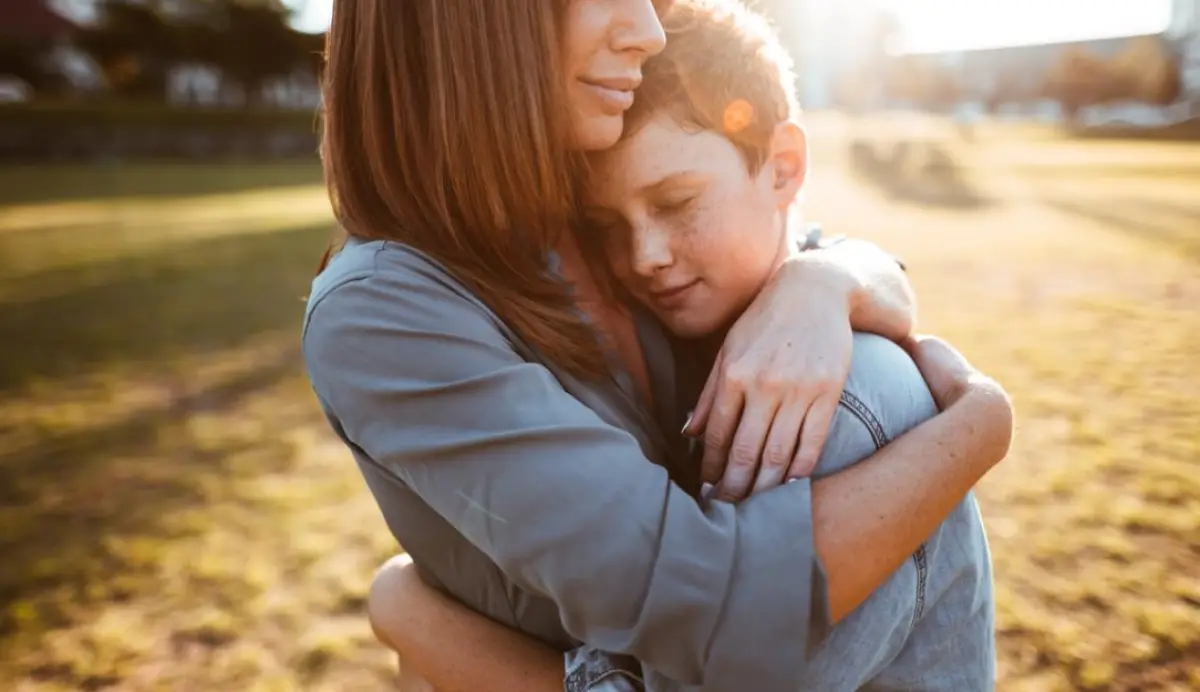I always knew I was adopted. My parents—Greg and Maureen—never kept it a secret. They were warm, generous people who gave me a good life. But even in the happiest moments, there was always a quiet emptiness. A blank page where a part of my story should’ve been.
When I turned 20, the questions grew louder. Who was she? Why did she give me up? Did she ever think about me? After months of searching, I found her—Elena Foster. She was only 17 when she had me. Now, at 37, she was married to a wealthy businessman and living a picture-perfect life just a few towns away.
My heart pounded as I sat across from her in a quiet café. She looked exactly like me. Same eyes. Same nervous hands. But the warmth I had hoped for never came.
“Please,” she said, avoiding eye contact. “Forget about me. My husband doesn’t know. If he finds out, he’ll leave me.”
I felt like a stranger in my own story.
“I just wanted to know who you were,” I whispered, swallowing the lump in my throat.
“You know enough,” she said softly. “Don’t contact me again.”
She left without even finishing her tea. I sat there for another hour, staring at the empty chair where my mother had been.
I respected her wish, but the pain didn’t fade. For a while, I tried to forget. Life went on—work, friends, late-night walks to clear the fog in my mind.
Then, almost a year later, everything changed.
It was a rainy Thursday. I had just gotten home from work when a knock came at my door. I wasn’t expecting anyone. I opened it to find a tall man in a dark trench coat, holding a small, weathered box. His eyes were red, like he’d been crying for hours.
“Are you… Claire?” he asked.
“Yes,” I said, confused. “Can I help you?”
He took a deep breath. “I’m Richard Foster. Elena’s husband.”
My heart stopped.
“I—uh—I didn’t mean any harm,” I stammered. “I haven’t tried to contact her again, I promise.”
He held up a hand. “I know. I just… I needed to see you.”
He stepped into the doorway, water dripping from his coat. In his hands, he clutched the box like it was made of glass.
“Elena… passed away. Three weeks ago. Cancer. She didn’t tell anyone. Not even me. Not until it was too late.”
I couldn’t speak. My mouth opened, but nothing came out.
He offered me the box.
“She left this for you,” he said. “She never had the courage to reach out. But she wanted you to have this.”
I slowly took it from him, my hands trembling.
“I only found out about you after she died,” he said. “In her final days, she wrote about you constantly. She carried guilt for what she did—giving you up, rejecting you again. I wish I’d known sooner.”
Tears slipped down my cheeks as I held the box close.
“She made me promise I’d find you. She called you ‘my first miracle.’” He gave me a sad smile. “I don’t know if it means anything now, but I wanted to say I’m sorry. For everything.”
And then he was gone.
I closed the door and collapsed onto the couch, holding the box like it was a life raft. It took me hours to open it. Inside, I found a bundle of letters, all addressed to “My Claire.”
The first one started simply: “I think about you every birthday.”
There were letters for every year of my life. Some were short, others pages long. She wrote about the pain of giving me up, her regrets, her fear, her joy when she found out I was healthy and thriving. She even tucked in photos—pictures of her at 17 holding a blanket, of birthdays where she blew out two sets of candles, one for her and one for me.
One letter read:
“When I saw you at the café, I wanted to hug you so badly. But I was scared. Not of you, never of you—but of losing the life I had built on silence. That fear made me a coward. I’ll carry that regret forever.”
In the last envelope was a charm bracelet with a tiny locket. Inside was a photo of me as a baby—one I had never seen before—and a picture of her holding me in the hospital.
The final note said:
“You were never forgotten. Never unloved. I just didn’t know how to love you the way you deserved… until now. I hope this helps you understand my silence was not absence. It was fear. But my love for you was real.”
I stayed up all night reading those letters, letting each word rebuild a piece of the puzzle that had been missing for so long.
I never got the moment I had imagined—the warm reunion, the tears, the embrace. But in those letters, I met the version of my mother who had loved me all along.
And now, every year on my birthday, I wear that charm bracelet. Not as a symbol of what I lost, but of what I finally found.
Her voice.
Her love.
Her truth.
And that was enough.
